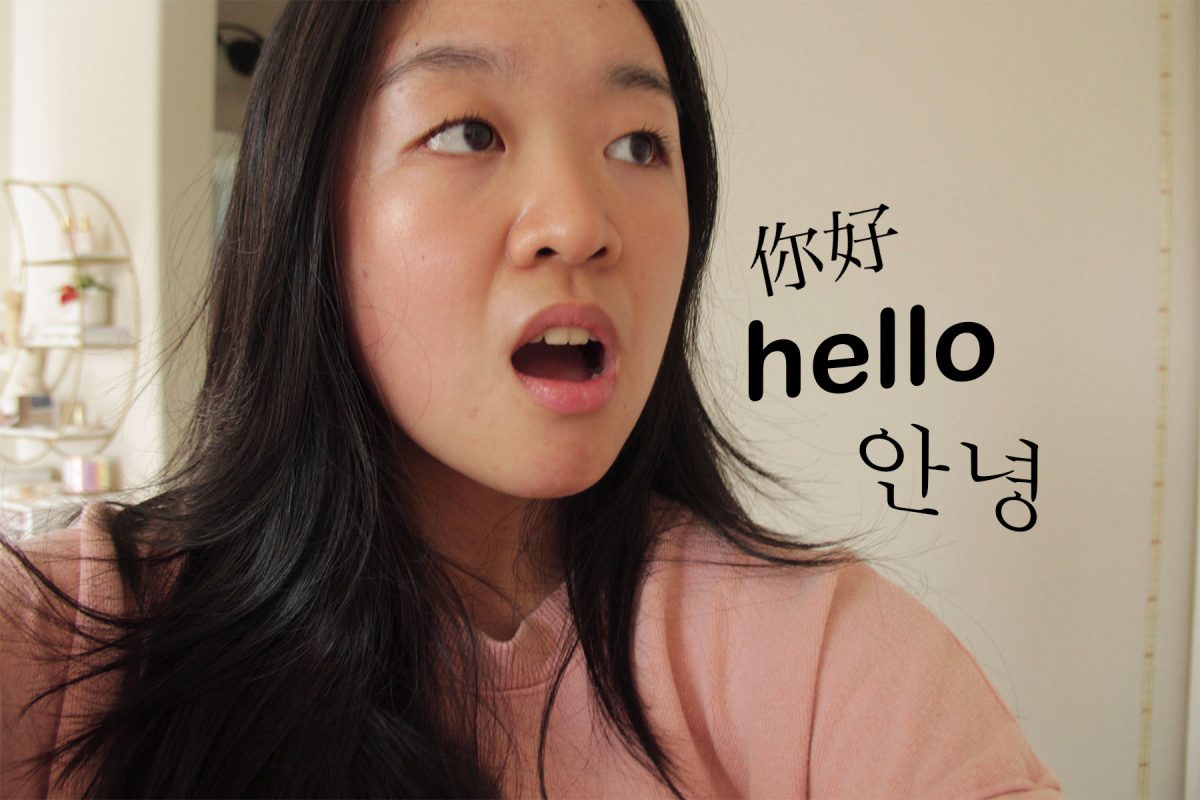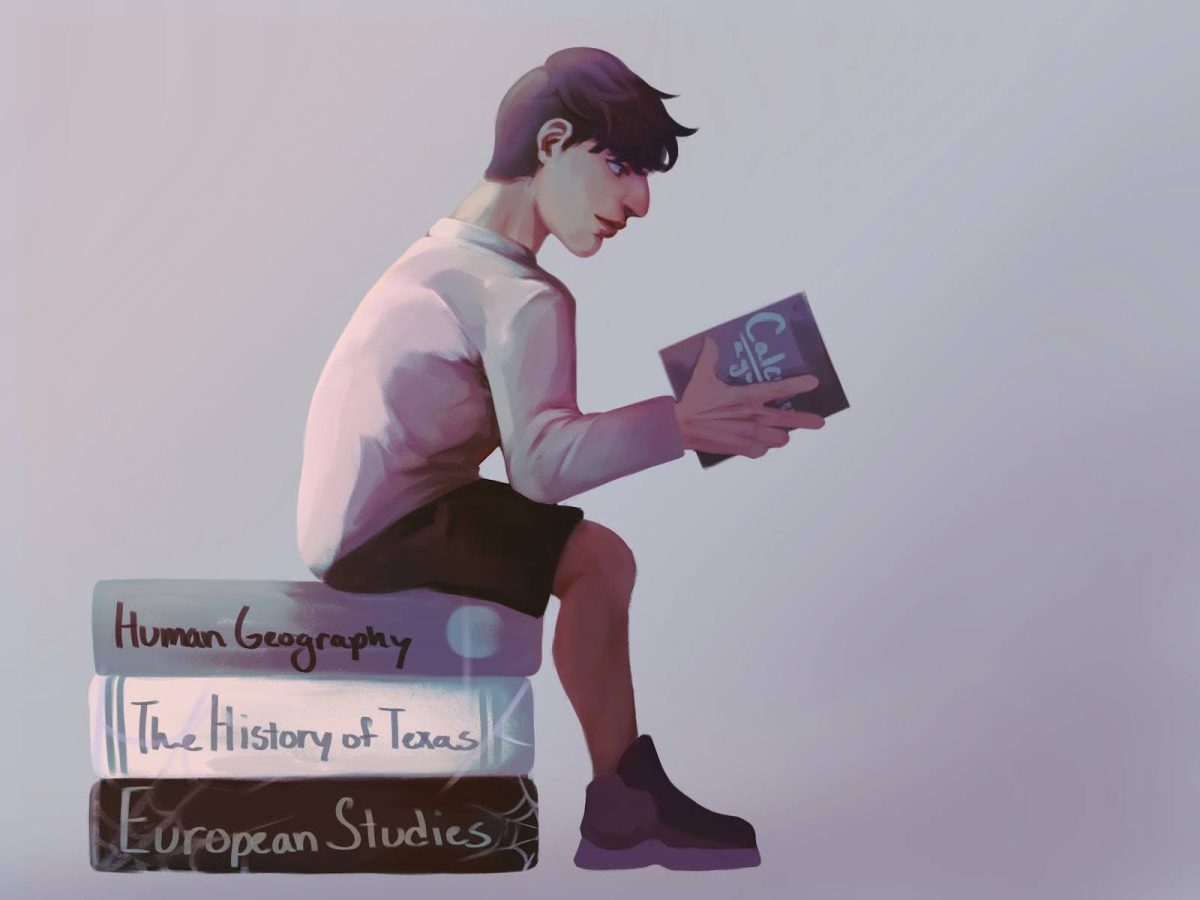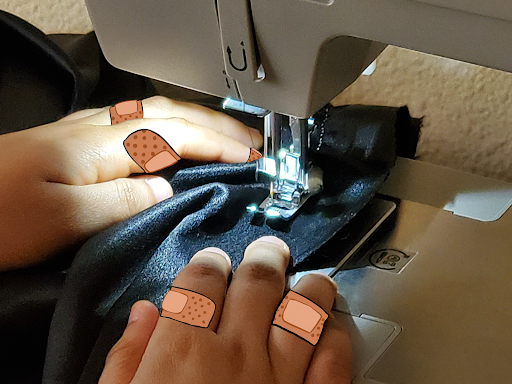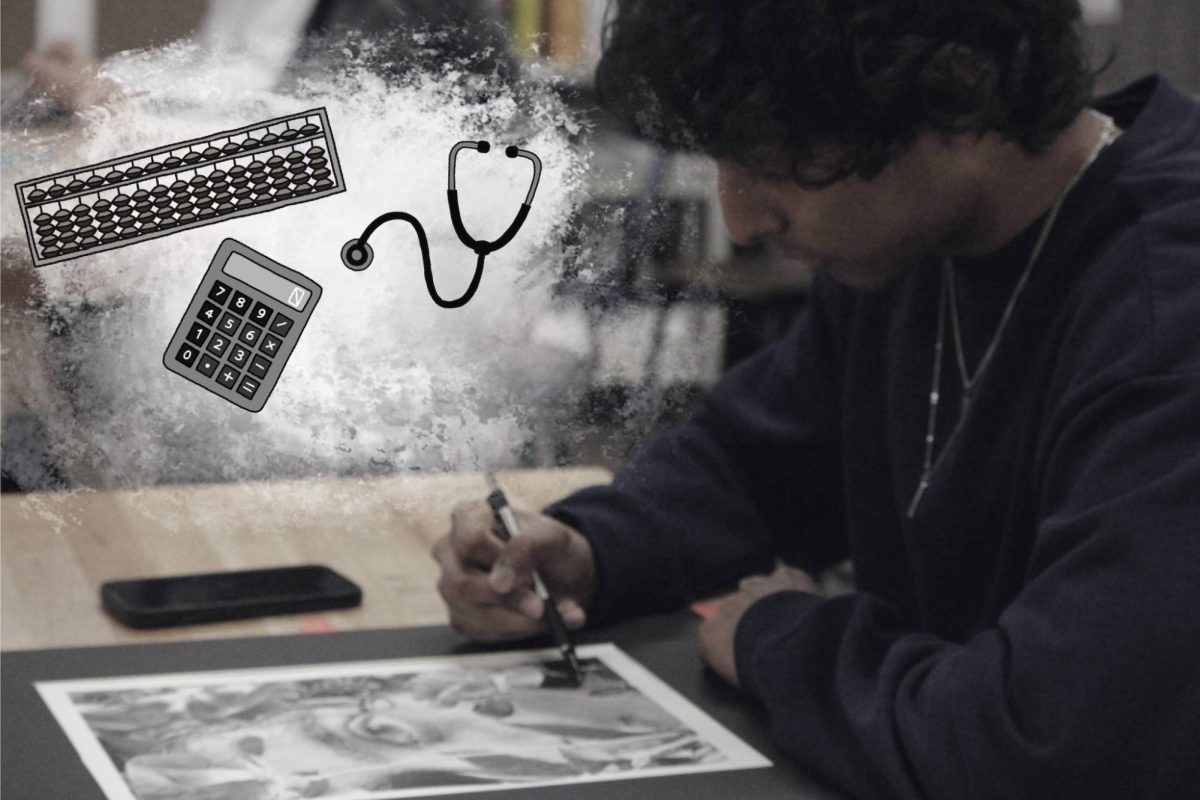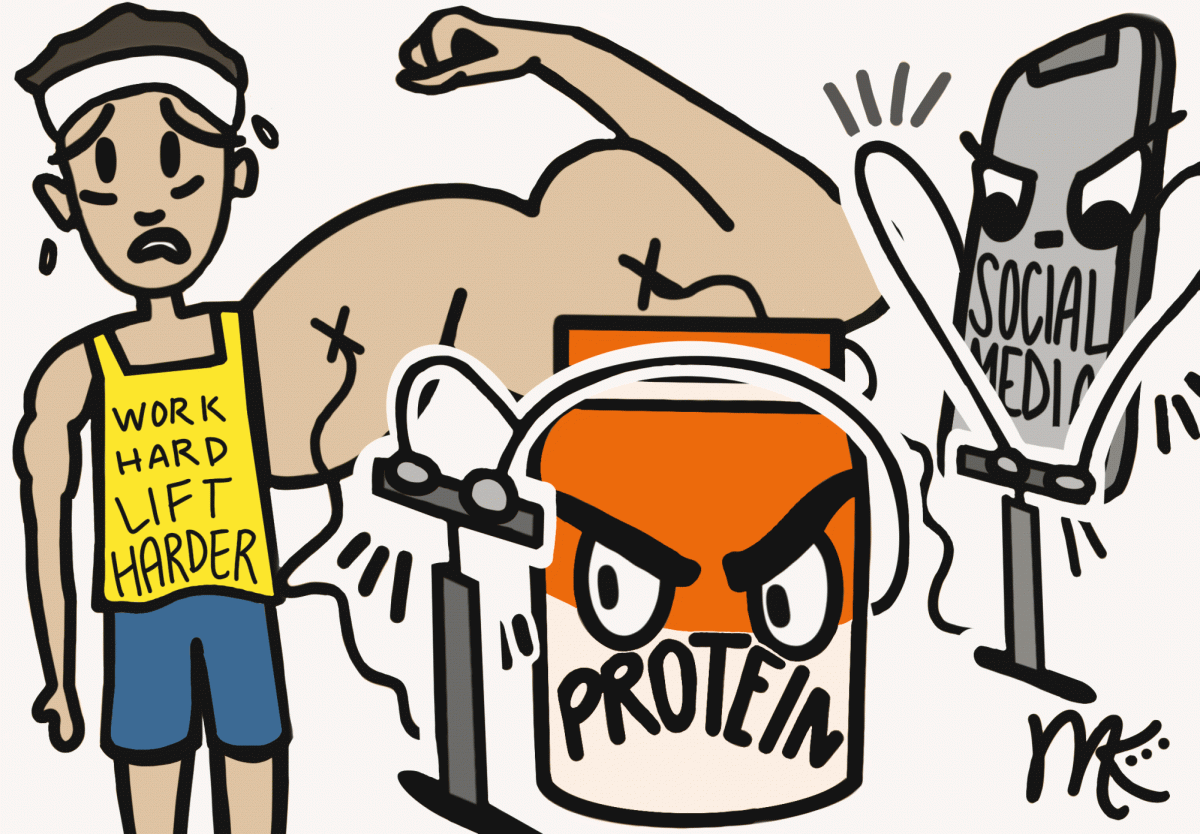By Rebecca Fowler
Staff Writer
What is your status? You know what I’m talking about. Not your class rank, mood or physical location, but something much more exciting: your favorite quote on Facebook or your minute-to-minute action on Twitter.
It is logical that as society changes our vocabulary changes as well. It seems that meanings of words evolve until “liking” something no longer means enjoying it but rather declaring you are creative enough to recognize a song lyric or inside joke from a friend, and “tweeting” is now typing words on a computer.
These terms would seem outrageous to our grandparents—and even many of our parents. However, we, the nation’s youth, fully grasp them and use them in everyday conversation.
But I have to ask myself, are we losing the richness of our vocabulary as we copy and paste a Taylor Swift song into our “what’s on your mind?” boxes and shorten words as much as possible so we can be the first to respond to a heated post? Are we losing that personal touch and expression of affection when we type out a quick “happy birthday” on someone’s wall rather than sending them a heartfelt note in the mail?
Though social networking sites have their benefits, and I use them as much as the next person, it is safe to say they undeniably reduce our love and appreciation for real reading and writing.

Like most teenagers I know, I come home from school, grab a snack and throw myself in front of the computer to get on e-mail and Facebook. Five minutes “just to check everything” becomes an hour when looking at one photo turns into commenting on four albums, and writing on someone’s wall turns into an intense back-and-forth conversation.
By the end of it all, I am left thinking, Why did I just spend an hour doing pointless things on the Internet when I could have been peacefully reading a good book—something I happen to thoroughly enjoy?
Why do we choose this form of entertainment over the other? I believe the factors which contribute to this tendency are the physical and mental interactions that come along with these social networks. Furthermore, the Internet as a whole is a fairly modern and youthful invention that draws in adolescents. However, I would have to say the main reason for teens’ preference of Facebook over real books is that we are selfish.
Sounds harsh, doesn’t it? I apologize but am forced to consider the way teenagers flock towards anything having to do with themselves, leading me to believe my inclination is true about the Facebook vs. real book battle.
When we read novels, we become submerged into the life of a character in another world. Like a movie or TV show, we are entertained because we are free to escape into a different time, imagining ourselves as someone else and getting pulled into dramas unlike our own.
On the other hand, when we enter social networks such as Facebook and Twitter, we are able to almost recreate our lives, highlighting the aspects of ourselves we most like. We choose the best photos, the most insightful quotes and the cleverest statements to post, and we become the best versions of ourselves, which, ironically, are oftentimes very different from who we really are.
As a result, we all become a part of a massive world of exaggerations, even if it is one where everyone is noticed and unique.
With these two options, it is no surprise many of America’s teens are choosing social networks over novels, a world revolving around them over one centered on someone else. This is upsetting to me, although I openly admit I am a part of it.
So, what can we do about this misplaced passion? I am afraid there is no easy way. Forcing reading on kids only turns them away from it, and removing the Internet is unlikely to ever happen in our lifetime. Therefore, I think the only solution lies with the individual. One personally has to step away from the computer and consciously choose to do something else—preferably read a good book.
But I can’t make people do that, especially teens.
All I can do is encourage them to crack open a romance, mystery or horror novel and discover for themselves the thrill of the world of fiction or non-fiction. It is fair to say that, yes, the story will not be about their lives. However, sometimes the imaginary can help us discover things about ourselves and give us suggestions on how to live, which in reality is all about us.









